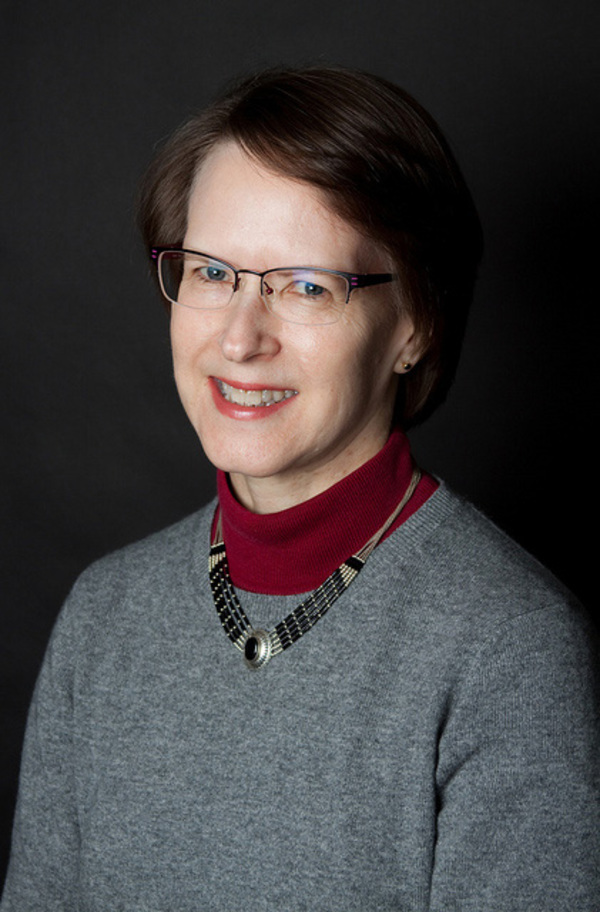Laurie Zaring

About
Education: Ph.D., Romance Linguistics, Cornell University; M.A., French Linguistics, University of Texas at Austin; B.A., French Culture, College of Wooster
Laurie Zaring has been a associate professor in the Modern Languages and Literatures Department since 2006. Some of her course topics include Elementary French, History of the Romance Languages, and Introduction to Linguistics.
FREN 101, 102 Elementary French I, II
A practical approach to the French language, in which the student begins speaking French from the first day and completes the year with a basic ability to speak, write, read, and understand French.
LING 131 Introduction to Linguistics
Every time we utter a word, no matter how mundane, we engage in a remarkable and, to the best of our knowledge, uniquely human behavior. This course explores the human capacity to acquire and use language. Topics include the nature of dialectal differences and the sociolinguistic factors which determine them, the ways in which languages vary and the importance of linguistic diversity, and the nature of the knowledge of language and how it relates to child language acquisition and other aspects of human cognition.
LING 135 Words
This course examines what a word is: how we know one when we see one, how we assemble them from smaller pieces, and what meanings we use them to express. Drawing on examples from a wide range of languages, we develop an appreciation not only for how languages vary but for what all of this can tell us about the nature of the human mind.
LING 242 The English Language(s)
English speakers generally have a variety of beliefs about English: that it is a readily identifiable entity, that there is good and bad English, that change in English must be stopped to preserve the purity and elegance of the language, and that English is extremely well suited to clear thinking and precise expression; that’s why its use spans the globe. This course seeks to dispel these myths by examining the multivaried reality of English as well as the idealized standard(s) that educated speakers strive for, in terms of its vocabulary (lexicon) and grammar (inflection and syntax).
LING 245 History of the Romance Languages
Although all Romance languages have Latin as their source, each is in many ways distinct from its siblings and from Latin. This course examines the primary changes in the phonology, morphology, syntax, and lexicon of Latin as it developed into the Romance language family, and explores the relationship between the ways in which a language changes and the historical events which shape the lives of its speakers.
- Ph.D., Romance Linguistics, Cornell University, 1985
Dissertation: “The Syntactic Role of Verbal Inflection in French and Brazilian Portuguese” - M.A., French Linguistics, University of Texas at Austin, 1979
Thesis: “Auvergnat: A Study in Dialect” - B.A., French Culture, College of Wooster, 1976
Thesis: “Le Québec: Une étude de l’identité canadienne-française à la lumière du passé”